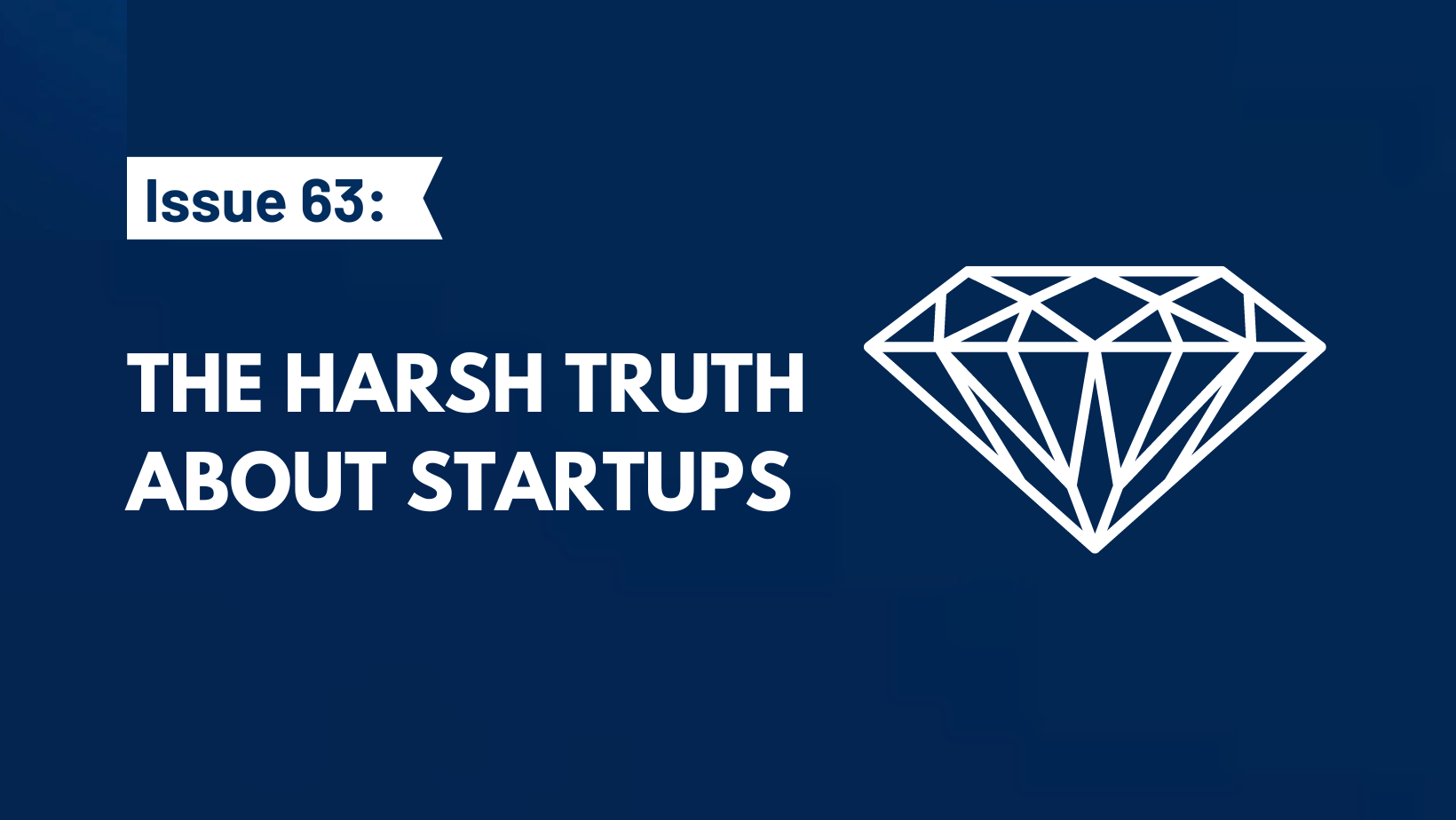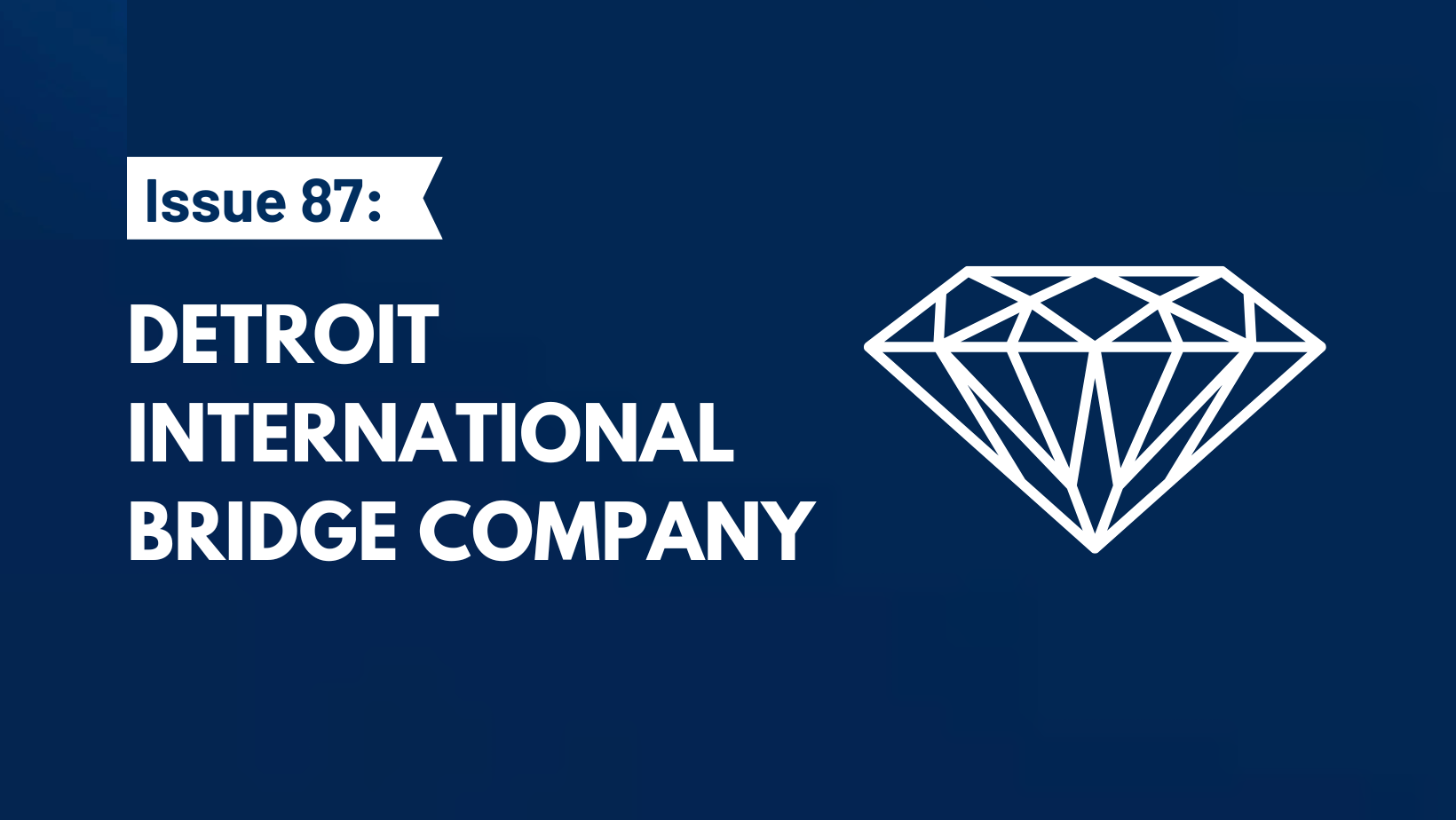NOTE: this was a past issue of my weekly newsletter, Timeless Gems. Join my free mailing list so you don’t miss out on future issues.
Today’s gem is an excerpt from a lecture Warren Buffett gave in 1991 where he describes 2 business models, one strong and one weak. The strong one being Thomson Newspapers and the weak one being AT&T.
But before we dive in, a quick word from our sponsor:
I’ve used virtual assistants my entire career, and it’s truly been a game-changer for my businesses. They help with everything from managing my inbox to monthly bookkeeping and a wide range of admin tasks.
If you’re looking to hire an EA, check out Athena. They will set you up with an amazing (yet very affordable) full-time executive assistant based in the Philippines who works in your time-zone and speaks fluent English. What impressed me most is that they have a library of playbooks that you can copy-and-paste capabilities directly into your EA.
They’re providing a great deal for my newsletter subscribers – if you sign up before September 31st, you skip the waitlist (it’s long!) and save $1500 along with personalized onboarding. Take advantage of this offer asap here!

In typical Buffett fashion, he takes a fairly complex topic and explains it in a simple easy-to-understand manner. The savings account analogy is excellent.
What’s funny is, fast forward decades later to today, and literally nothing’s changed.
You have late-stage software companies burning obscene amounts on capex, hiring top talent MBAs/developers, and handing out stock-based compensation like candy…
And then you have Constellation Software, hiring anyone willing to work, never issuing any equity, and keeping discipline around cash flow and capital allocation. The results are quite clear, CSU has delivered over 153x (not including dividends or spinouts) to public shareholders since its IPO, possibly the greatest return of any software company of all time.
A business that is capex-light, has pricing power, and is run by management who refuse to issue equity to finance growth will make its owners very wealthy, every single time.
Thomson Newspapers is the perfect example of this. It is genuinely a fascinating business and understudied. It’s wild to think that the wealthiest family in Canada, to this day, made their money from buying small, local niche newspapers more than 50 years ago. But it perfectly fits the criteria described above: capex light + pricing power + tight equity.
Shoutout to Turtle Bay for unearthing this gem (the link contains the source to the full Buffett lecture, which I recommend reading! It’s also a bit of irony that this lecture was to a group of MBA students.).






One thought on “Issue #66: Buffett on Thomson Newspapers”